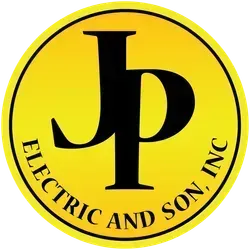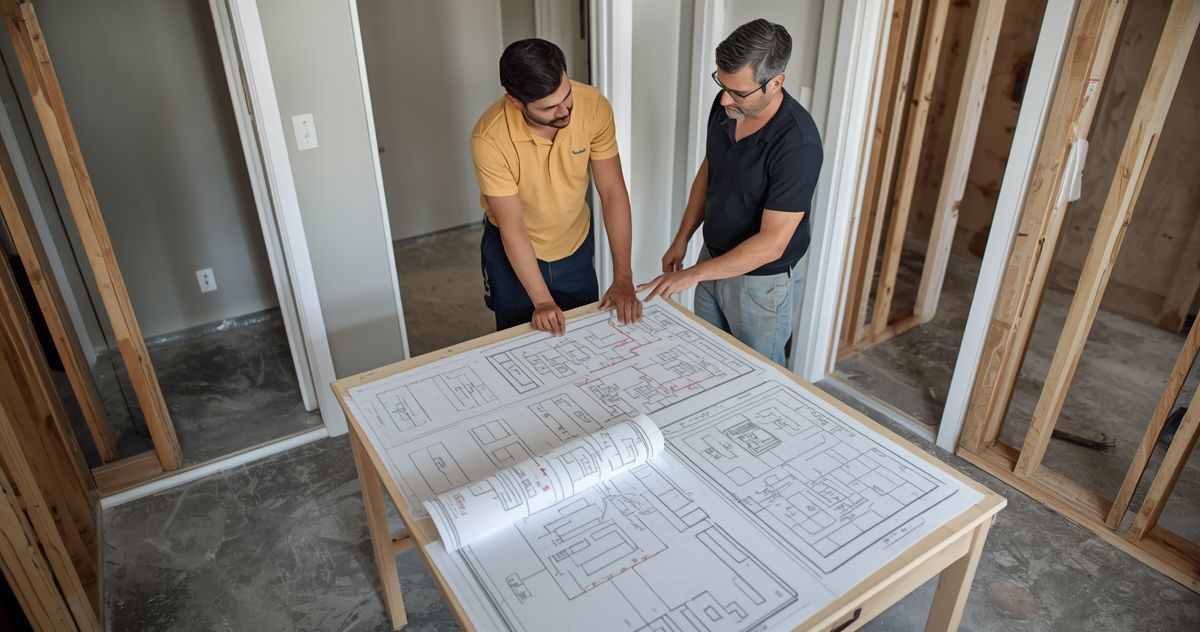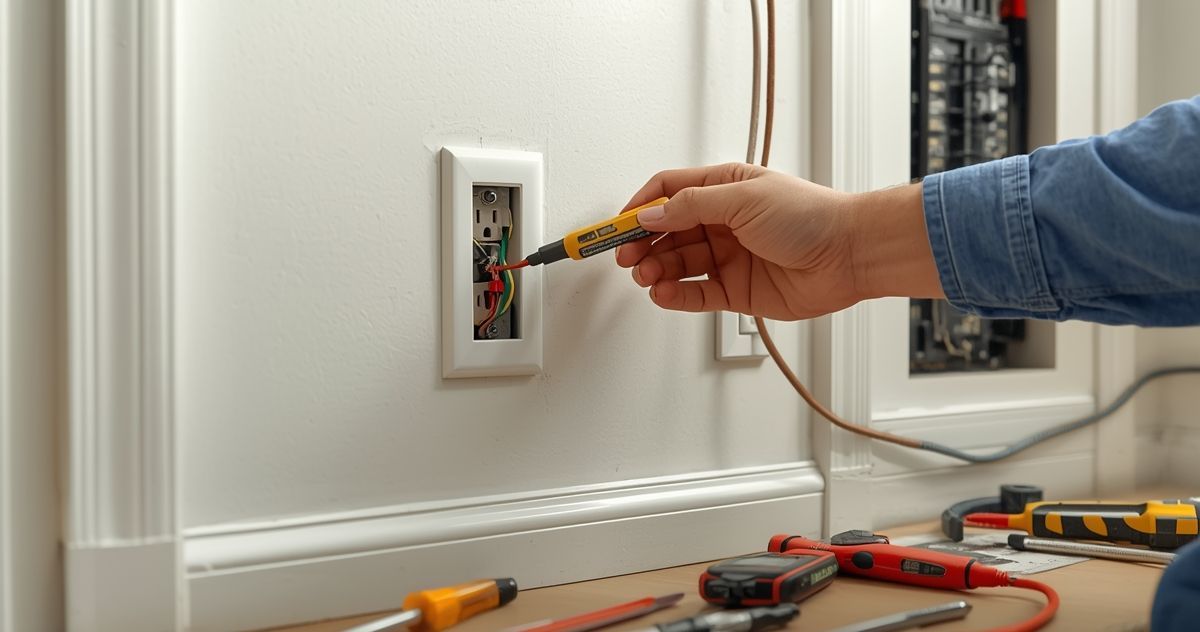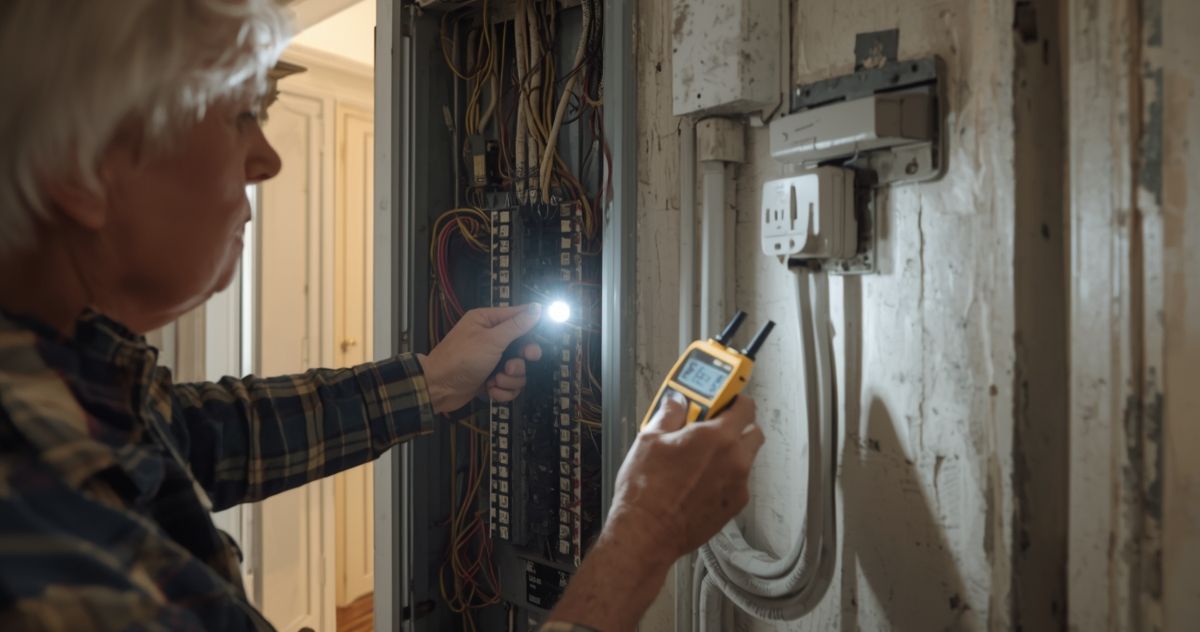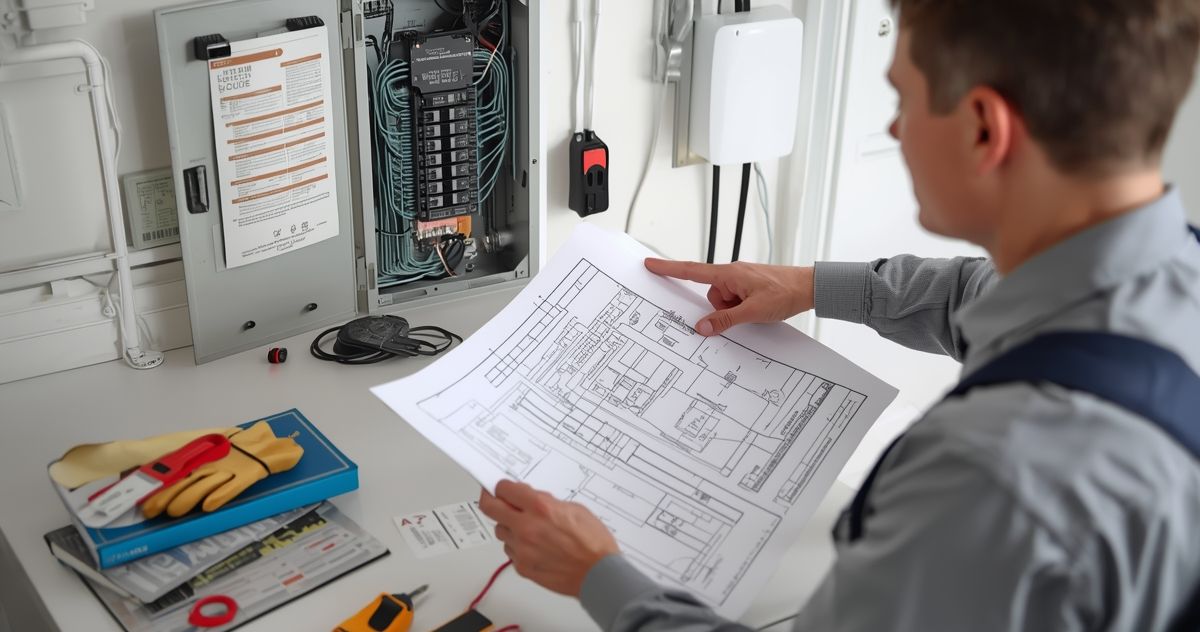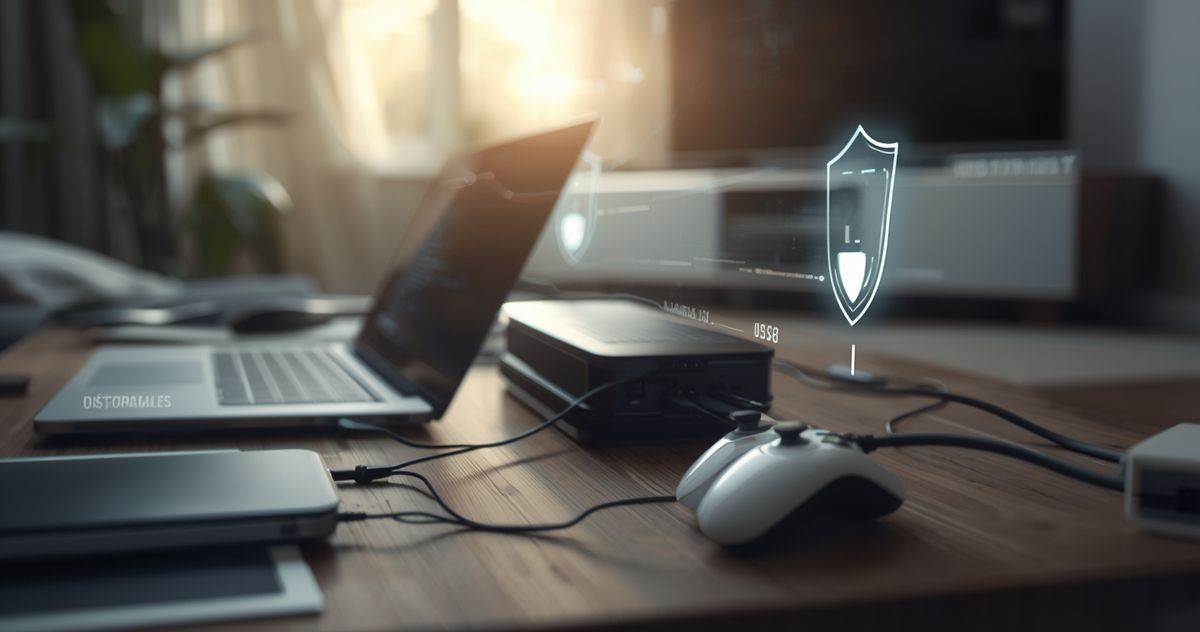The 6 Most Common Residential Electrical Repairs
Are you experiencing electrical issues in your home? Don't worry, you're not alone.
Electrical repairs are a common occurrence for homeowners, but understanding the most prevalent ones can help you address them quickly and efficiently. In this blog post, we'll explore the six most common residential electrical repairs that homeowners encounter.
Whether you're in Fitchburg, MA, or a nearby area, knowing these issues can help you identify when it's time to call a trusted electrician.
From flickering lights to faulty outlets, let's explore the world of electrical repairs and find solutions to keep your home safe and powered up.
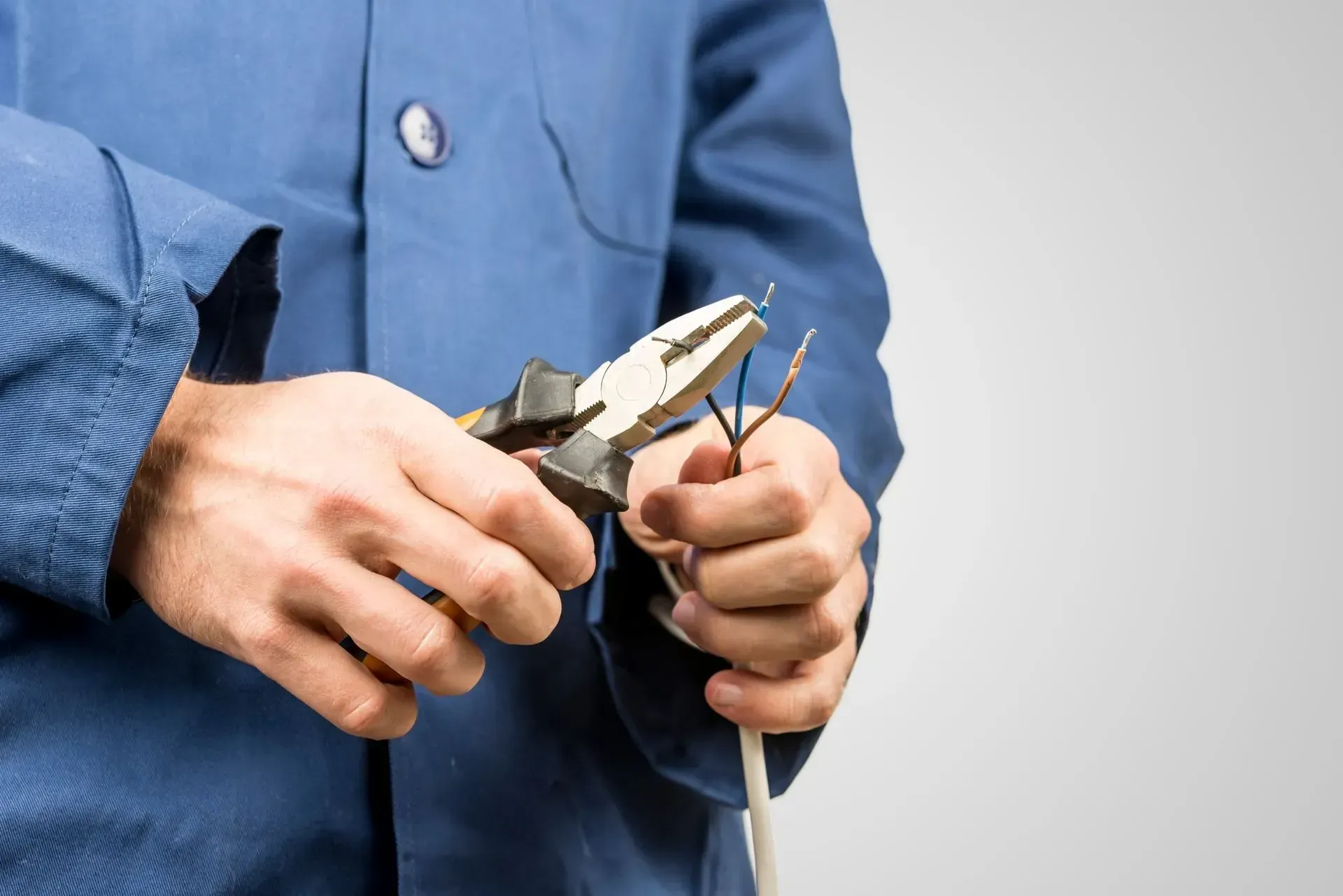
1. Overloaded Circuits: Causes, Signs, and Solutions
An overloaded circuit occurs when more electrical devices are plugged into a circuit than it’s designed to handle. This can lead to overheating and tripped circuit breakers, posing a potential fire hazard.
Causes
-
Using too many high-wattage devices on one circuit (e.g., space heaters, microwaves, hair dryers).
-
Outdated circuits unable to handle modern electrical loads in older homes.
Signs
-
Circuit breakers frequently trip.
-
Lights dim when appliances are turned on.
-
Warm or discolored outlets.
Solutions
Start by unplugging devices you aren’t using to reduce the load on the circuit. If the issue persists, you may need to upgrade your electrical panel or redistribute the load across multiple circuits. Consult a licensed electrician in Fitchburg, MA to assess your home’s electrical capacity.2. Faulty Wiring: Dangers, Signs, and Repair Options
Faulty or outdated wiring is one of the most dangerous electrical issues in any home. It’s a common problem, particularly in older properties, where wiring may no longer meet modern safety standards.
Dangers
- Increased risk of electrical fires.
- Shock hazards.
- Power fluctuations that can damage appliances.
Signs
- Unusual buzzing sounds from outlets or switches.
- Persistent burning smells without an identifiable source.
- Scorch marks or sparks near outlets.
Repair Options
Faulty wiring should only be addressed by professionals. An electrician nearby can inspect your wiring, determine whether repairs or replacements are needed, and ensure all work complies with code.
3. Tripping Breakers: Understanding the Causes and Solutions
A tripped breaker is a common occurrence and often misunderstood. Breakers are designed to shut off power when a circuit becomes overloaded or detects an issue.
Causes
-
Overloaded circuits (as discussed earlier).
-
Ground faults or short circuits.
-
Faulty appliances or damaged cords.
Solutions
Resetting the breaker is the first step. However, if it continues to trip frequently, avoid the temptation for a DIY fix. Instead, call a Fitchburg electrician to locate the root cause, whether it’s related to wiring, a specific appliance, or the circuit itself.
4. Flickering Lights: Reasons and What to Do
Flickering lights aren’t just an annoyance—it’s a sign that something is amiss with your electrical system.
Reasons
-
Loose or damaged wiring connections.
-
Overloaded circuits or faulty switches.
-
Voltage fluctuations caused by power-hungry appliances starting up (like HVAC systems).
What to Do
If the issue occurs with just one fixture, tightening the bulb or replacing it often solves the problem. For widespread flickering, enlist the help of an electrician to evaluate your system and determine if there’s a wiring issue or if your system requires an upgrade.
5. Electrical Outlets Not Working: Troubleshooting and Solutions
Finding an outlet that’s suddenly stopped working can be frustrating, especially if you’re unsure why it happened. Luckily, this can often be resolved with some straightforward troubleshooting.
Troubleshooting Tips
-
Check if other outlets on the same circuit work.
-
Reset any tripped Ground Fault Circuit Interrupter (GFCI) outlets.
-
Examine the breaker panel for tripped breakers.
Solutions
If the outlet still doesn’t work, the issue could be due to faulty wiring or a damaged receptacle. Whether you need an outlet replaced or additional outlets to accommodate your needs, a professional electrician can handle the repairs safely.
6. Electrical Surges: Protecting Your Home and Appliances
Electrical surges occur when there’s a spike in your home’s electrical current. They only last for fractions of a second but can wreak havoc on sensitive electronics and appliances.
Causes
- Power grid issues.
- Lightning strikes or weather-related interruptions.
- Faulty appliances or wiring within your home.
Protecting Your Home
Installing surge protectors is one of the easiest ways to safeguard your electronics. Whole-house surge protectors, in particular, offer the most comprehensive protection. If your home experiences frequent surges, consult a
residential electrician in MA to inspect your electrical system for underlying issues.
When to Call a Professional
While some minor electrical issues can seem tempting to fix yourself, safety should always come first. Any work involving wiring, circuit breakers, or electrical panels should be left to licensed electricians who have the necessary training and tools.
Consulting a professional for even minor concerns can prevent small problems from escalating into costly damages—or worse.
By being proactive about maintenance and addressing these common electrical issues quickly, you’ll not only keep your home functioning smoothly, but you’ll also ensure a safer environment for you and your family.
Contact JP Electric & Son for expert
residential electrician services and ensure the safety of your home and family.
